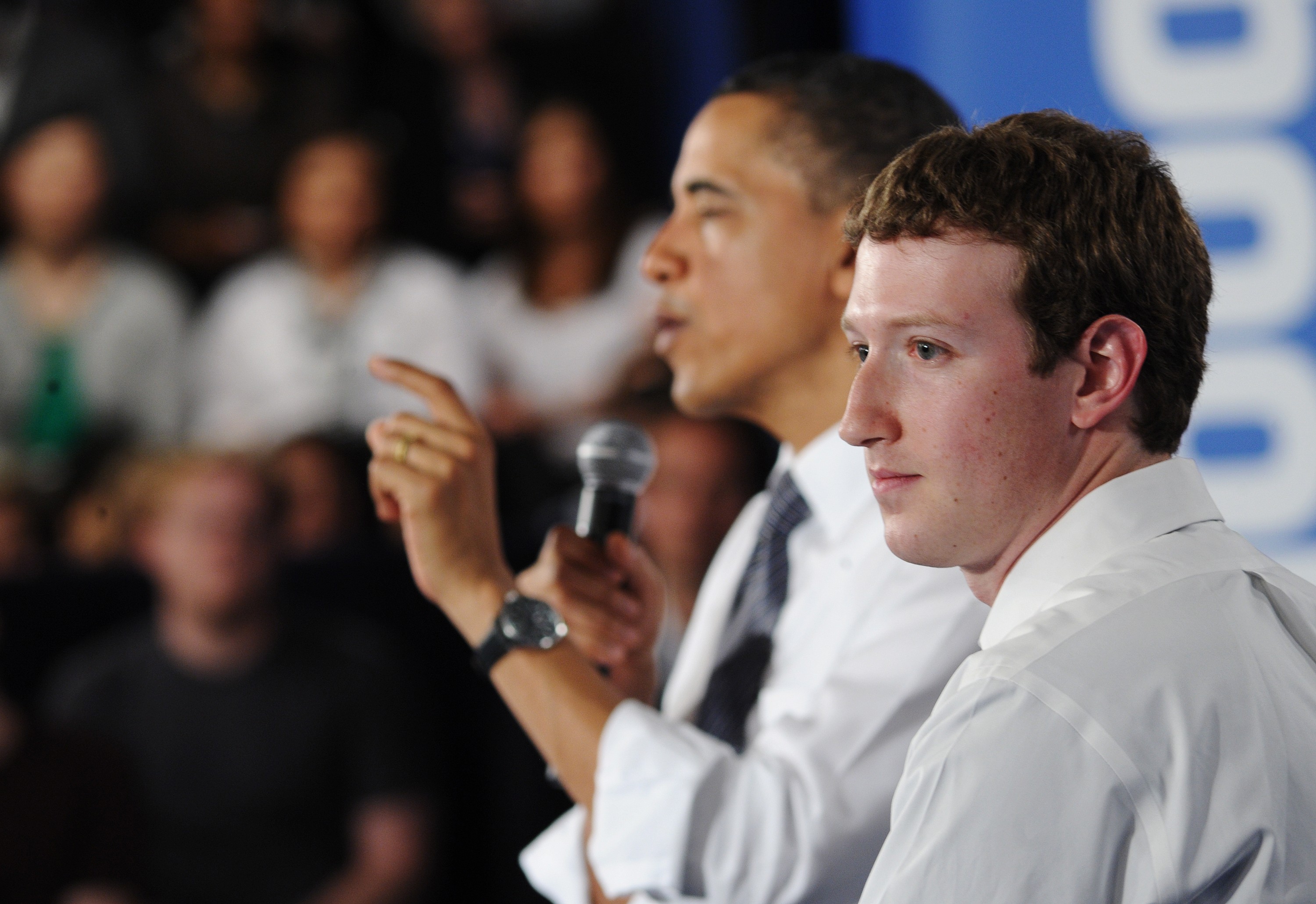Sure, it’s nice that Tim Cook and Mark Zuckerberg and the like are philanthropic, but you have to pause and wonder why there’s such a desperate demand for CEO largesse. How much do corporate tax loopholes lead to the need? From Suzanne McGee at the Guardian:
“How liberal, really, are these boardroom liberals?
Mind you, these are the same people who squawk, very loudly, at any suggestion that the fees they collect for managing their funds should be taxed as ordinary income, instead of as capital gains.
They’ve been fighting for years any suggestion that their primary source of income should be taxed at the same higher rates as those people whom their philanthropy helps.
If the tax rate changes, those millionaires and billionaires would be paying an effective rate of 39%, rather than 20%. With that kind of tax revenue, perhaps the government wouldn’t be slashing away at social programs that now have to come, cap in hand, to the Robin Hood Foundation to ask for some of those refrigerator-sized checks. Then the philanthropists can make their decisions based on whatever personal criteria they find most compelling.
That’s not to take away from what the Robin Hood Foundation’s do-gooders accomplish. Without them, life would be a lot tougher for New York’s poorest citizens. Being a boardroom liberal may very well be better than being a boardroom tyrant, terrorizing your staff from the chief financial officer down to the guy in the mailroom.
But the reason boardroom liberals need to exist at all is the fact that the social safety net that once existed has collapsed, and while some of that can probably be traced to waste and mismanagement, another giant chunk is simply due to lack of resources.
Consider: US tax revenues are at their lowest rate since 1950, which means less money to fund government programs. At the same time, US income inequality is at its highest point since the Great Depression, meaning the rich are richer than they were even a few years go.”
Tags: Suzanne McGee

